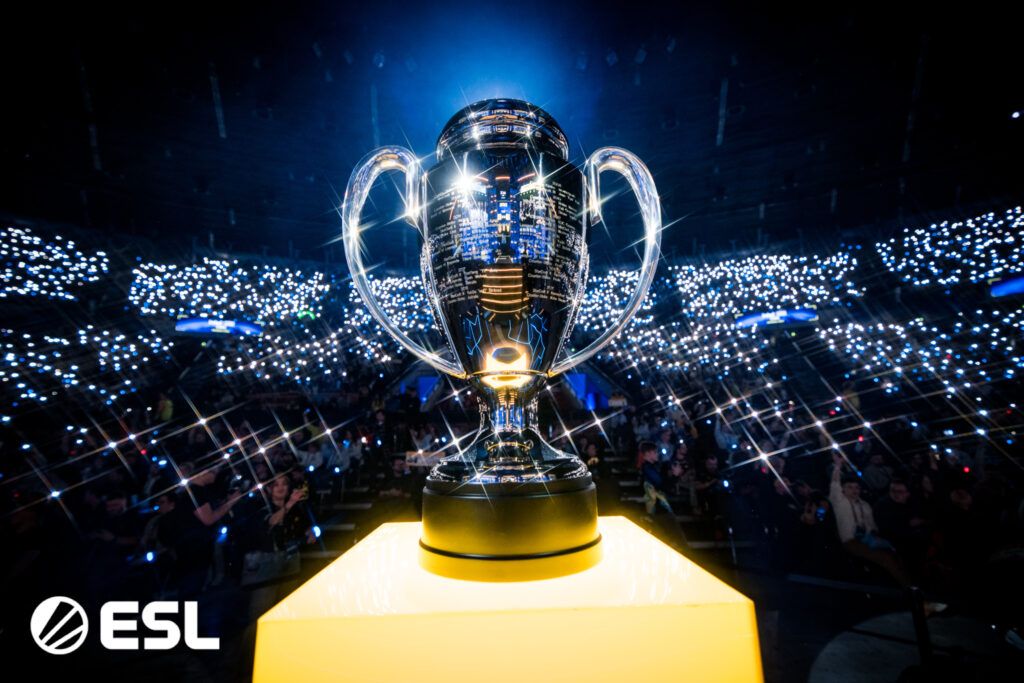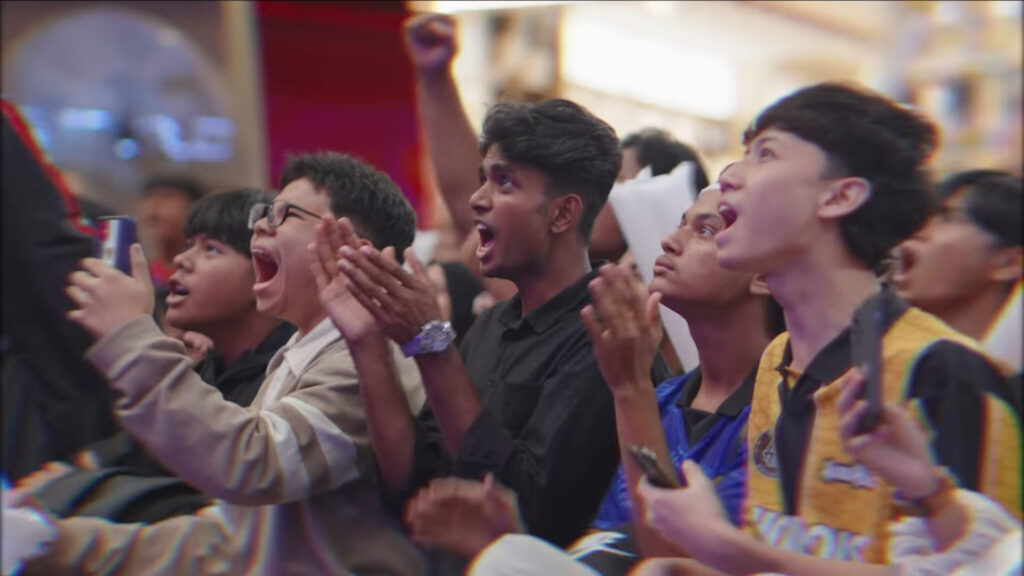From arcade battles to global stages, esports is shaking up culture, cash, and clout. Dive into how gaming took over the world.
Competitive gaming, or esports, is now a leading force in defining contemporary pop culture. What started as underground tournaments in dingy arcades has grown into a global phenomenon, with millions of fans, huge prize pools, and a cultural impact that competes with traditional sports and entertainment.
Esports has transformed the way people interact with games, building communities, making celebrities, and impacting everything from fashion to music.
This article explores the intricate manner in which competitive gaming has entrenched itself at the heart of global culture and examines how it has impacted media, social relationships, and financial progress.
Esports as a market pull
The development of esports has not eluded other industries looking to tap into its passionate fan base. For instance, many online casinos have started leveraging this trend by launching esports-themed games or teaming up with gaming influencers so that they can reach fans.
These efforts reflect the cultural shift where competitive gaming is no longer just a pastime but an active marketplace that various industries are interested in accessing for its energy. This intersection of esports reveals how far esports has escalated as a cultural touchstone, even intruding into unrelated areas by offering new ways to connect with its passionate fan community.

The social life of esports communities
Esports thrives on creating communities that transcend geographical locations. Twitch and Discord are the online spheres where fans gather to watch live streams, share gameplay commentary, and announce their heroes. Such groups create a sense of belonging, like traditional sports loyalties, but in an online form, providing real-time connectivity.
An example is in watching high-level matches like The International for Dota 2, where viewership will reach a spike with fans across the continents rallying around their respective sides.
Such belonging has turned esports into a glue for culture in that people connect through competition and shared passion.
In addition, esports has transformed social hierarchies. Professional gamers, who were previously seen as outliers, are now cultural icons.
Players such as Lee "Faker" Sang-hyeok, a League of Legends legend, have fan bases that compare to pop stars. Their reach is not limited to gaming, with players showing up in commercials, talk shows, and even fashion ads. This promotion of gamers to celebrity status highlights how esports has changed who gets to be a cultural hero in the digital era.

Economic contribution and industry expansion
The economic presence of esports is enormous. According to industry accounts, the worldwide market for esports registered a value of over $1.5 billion in 2023 and continues to increase consistently. It is sustained by sponsorships, media rights, and ticketing revenues for live events.
Major businesses, from technology companies to soft drink giants, have put significant amounts into esports, leveraging their capability to connect with young audiences. Events like the League of Legends World Championship fill stadiums, with production values rivaling major concerts, further embedding esports in the cultural mainstream.
The following points outline the economic and cultural overlap of esports:
- Sponsorship Deals: Events and teams are sponsored by brands to reach tech-savvy audiences.
- Streaming Revenue: YouTube and Twitch bring in significant ad revenue from esports content.
- Merchandising: Cosmetic in-game items and jerseys of teams have become symbols of status for fans.
- Creation of Jobs: Esports has encouraged professions as event managers, coaches, and content producers.
- Educational Programmes: Tertiary institutions have started providing scholarships for esports, thus becoming an official career pathway.
The economy has made esports a phenomenon since it doesn't merely entertain but also gives room for possibilities that attract the youthful generations.

Esports as a cultural trendsetter
Beyond economics, esports has also influenced broader cultural trends. Fashion, for instance, has included gaming aesthetic, with fashion streetwear brands collaborating with esports organizations to create limited-release apparel.
Music also hasn't been immune, with performers like Marshmello hosting in-game concerts in games like Fortnite, merging gaming and pop culture in innovative ways. This kind of crossover illustrates how far esports is a creative industry, innovating across all corners of art.
Also, esports has had a significant impact on narrative in media. Movies and TV shows tend to cast gamers as heroes, reflecting the cultural movement toward treating gaming as a serious activity.
Shows such as Arcane, centered around League of Legends, have received positive reviews, indicating that stories inspired by esports can appeal to non-gaming audiences. The trend in storytelling is a reflection of how competitive gaming has become a window through which society examines notions of ambition, collaboration, and perseverance.
The future of esports in pop culture
Ahead, there is no sign that esports will falter. Innovation in virtual reality and augmented reality will keep displacing competitive gaming ever deeper into virtual worlds, maybe drawing new attention.
Concurrently, integration into educational and corporate training programs means its cultural significance will survive beyond entertainment. As competitive gaming evolves further, it will likely remain a touchstone of pop culture, shaping the way people interact, collaborate, and compete.
Esports' ability to adapt and intertwine with multiple facets of society ensures its lasting impact. From the formation of international communities to driving economic growth and shaping creative industries, competitive gaming has already proven long ago that it is more than a trend, it is a cultural phenomenon.
As it continues to shape the zeitgeist, esports will continue to stand as a reminder of how virtual spaces can reshape what it means to be a member of an international culture.